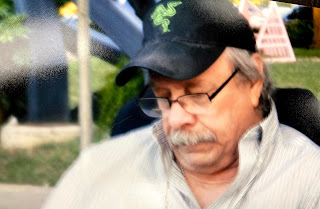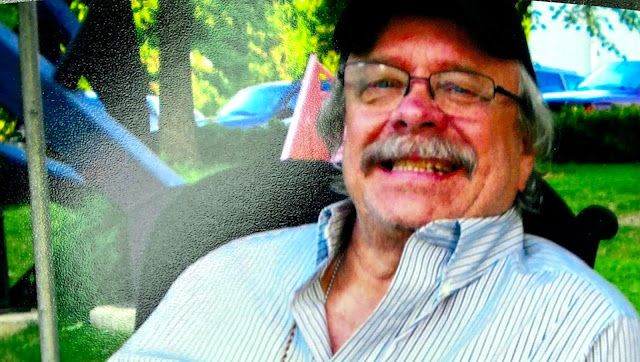HHS Launches Hotline to Improve Access to COVID-19 Vaccines for People with Disabilities
The U.S. Health and Human Services (HHS) announces the launch of a first-of-its-kind national hotline to connect people with disabilities to information and services to improve access to COVID-19 vaccines.
The Disability Information and Access Line (DIAL) is now available to help people with disabilities find vaccination locations in their communities, assist callers with making vaccination appointments, and connect callers to local services – such as accessible transportation – to overcome barriers to vaccination. The hotline also can provide information and resources to answer questions and address concerns about the vaccines and can connect callers to information and services that promote independent living and address fundamental needs, such as food, housing, and transportation.
DIAL is operated as a collaboration between a consortium of organizations serving people with disabilities and the National Association of Area Agencies on Aging (n4a). The consortium includes:
- Association of Programs for Rural Independent Living (APRIL),
- Association of University Centers on Disabilities (AUCD),
- Independent Living Research Utilization (ILRU),
- National Association of Councils on Developmental Disabilities (NACDD),
- National Council on Independent Living (NCIL),
- National Disabilities Rights Network (NDRN), and
- The Partnership for Inclusive Disaster Strategies.
This collaboration benefits from the disability networks’ extensive knowledge and expertise in meeting the needs of people with disabilities across the U.S. and n4a’s decades of experience operating the Eldercare Locator, the only federally funded national information and referral resource that supports consumers across the spectrum of issues affecting older Americans. By leveraging these capabilities, ACL was able to launch this critical tool in less than six weeks.
DIAL was created through a partnership between the Administration for Community Living and the Centers for Disease Control and Prevention to help older adults and people with disabilities get COVID-19 vaccines. With support from CDC, ACL also:
- Increased the capacity of the Eldercare Locator to connect older adults, including those who are unable to leave their homes and those who live in underserved communities, to local COVID-19 vaccination resources.
- Issued nearly $93 million in grants to the aging and disability networks in every state and territory to provide critical services to overcome barriers that are preventing millions of those most at-risk for serious illness and death from COVID-19 from receiving vaccines.
____________________________________________________
About the Disability Information and Access Line (DIAL)
The Disability Information and Access Line (DIAL) connects callers to information about how to access the COVID-19 vaccine and related supports for people with disabilities. DIAL connects callers to vaccine sites and provides information related to barriers to vaccination by referring callers to local and national disability resources.
About the Eldercare Locator
Launched in 1991, the Eldercare Locator is the only national information and referral resource to provide support to consumers across the spectrum of issues affecting older Americans. The Locator was established and is funded by the U.S. Administration for Community Living and is administered by the National Association of Area Agencies on Aging (n4a).
About the Administration for Community Living
The Administration for Community Living was created around the fundamental principle that older adults and people of all ages with disabilities should be able to live where they choose, with the people they choose, and with the ability to participate fully in their communities. By funding services and supports provided by networks of community-based organizations, and with investments in research, education, and innovation, ACL helps make this principle a reality for millions of Americans.
About the CDC’s National Center on Birth Defects and Developmental Disabilities
The National Center on Birth Defects and Developmental Disabilities strives to advance the health and well-being of our nation’s most vulnerable populations. NCBDDD’s work is broad and far-reaching, and includes four areas of focus: saving babies through surveillance, research, and prevention of birth defects and infant disorders; helping children live to the fullest by understanding developmental disabilities; protecting people by preventing the complications of blood disorders; improving the health of people living with disabilities.






